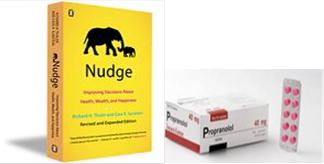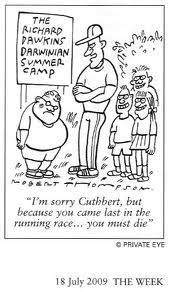I love the BBC. Almost every day I browse the BBC News web site to catch up on current affairs. I especially love the BBC’s high quality TV and radio documentary output, and I confess that I am an avid Radio 4 listener.
Alas, my love for the BBC has not blinded me to one particularly jarring asymmetry in the Corporation’s (otherwise delightful) visage . It is manifested in a disconnect between its approach to programming on matters of science, and that on matters of ethics, or “Religion and Ethics” as the BBC officially categorizes the latter (in an undifferentiated glob) on iPlayer.
In the hope that some BBC types (preferably at the senior commissioning level) are also readers of Practical Ethics, I present to you a programme proposal that, if taken up, would go some way toward healing this deformity. In fact, if virtually all the BBC’s current science programming were scrapped and replaced with programming of the sort I am about to propose, the woeful gap between the BBC’s science programming and its ethics programming would all but disappear. I hereby present my modest proposal:
Read More »A Modest Proposal for the Media: The Science Haze


